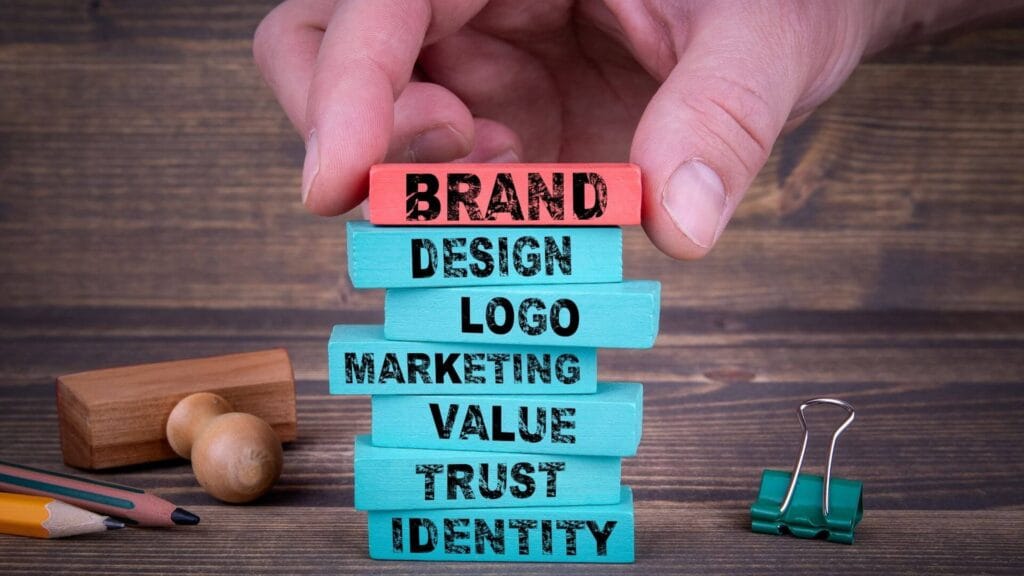A brand collaboration is a strategic partnership between two brands. It is aimed at driving ambitious growth, increasing exposure, tapping into new markets and creating a competitive advantage for both parties involved. Simply put, it is when two companies (or individuals) work together to create a mutually beneficial business opportunity. Successful brand collaborations can establish your company as an authority by working with other brands on projects that connect you to their communities. However, some collaborations can be costly and time-consuming, while others may not offer the ROI you were expecting. The key is understanding what makes for successful collaborations and how to find the right partner to work with. This article will teach you how to maximise the potential of your next collaboration.
Why Do Brands Collaborate?
Brand collaboration in business allows you to combine your assets, resources and strengths with other businesses to achieve results that you otherwise may not be able to achieve on your own. They enable collaborators to:
- Create unique marketing opportunities for their brand
- Identify unexpected yet advantageous strategies
- Increase knowledge-sharing and creativity
- Enhance problem-solving potential
- Increase exposure and access larger customer bases
- Build lasting relationships with customers
- Create new revenue streams and increase profitability
What Makes a Successful Brand Collaboration?
Successful collaborations are not so easy to come by. And, although there is no set standard for what makes a successful brand collaboration, there are a few criteria to consider if you want to increase your likelihood of creating a beneficial partnership.
It must align with your core values, interests and goals: You can’t set up a successful partnership if you don’t have a like-minded partner that shares similar values, interests and business goals. To succeed, you need to ensure that the core values and philosophy of your brand align with those of the company that you work with and that your partner has a vested interest in making your brand shine.
It must be mutually beneficial: A successful brand collaboration should create a win-win situation for all parties involved. When there are several benefits for each party, you can get the most from your collaboration. Your ultimate goal should be to create a powerful partnership that will mutually elevate both of your brands. The secret is to find companies that are complementary and will work together to provide a great experience for your audiences.
It must be profitable: It’s hard to get customers to buy a new product if they don’t believe there’s a reason for them to do so. Partnering with a company that has the brand recognition you’re looking for is key. You do not want to align yourself with a brand that’s too small to support you. Also note that you should never let a potential partner’s marketing dollar take precedence over your own bottom line.
It must have impact: The purpose of a collaboration is to create value and leverage influence. This is the difference between good and bad collaborations.
It must be relevant: If you’re partnering with a brand that has nothing to do with your product or service, your potential will be hindered. Make sure that your brand and the brand you’re collaborating with are linked in some way so that you’re able to reach your target audience.

Finding the Right Partner: Key Questions to Consider
The right brand to partner with for your collaboration is critically important. This is the reason why many companies shy away from working with others. After all, if a company can’t make your business shine, you risk alienating your audience.
Before getting started, there are a few things to consider:
What is the goal of the collaboration?
What you want to accomplish is usually at the heart of what makes a successful collaboration. Before you start working with a brand, understand what it is you want to get out of the collaboration.
Be clear on what the project aims to achieve and how you will measure success. You’ll know what to expect from the partner and how long the project will take to complete. Most importantly, you’ll be able to set expectations. You need to be on the same page when it comes to the benefits and milestones of the collaboration.
How will the partnership help your audience or business?
Ensure that your partner understands the scope of your business and is able to speak to your target audience. A good partner will understand your audience, how to build a product or service around their needs and deliver an outstanding customer experience.
Is the right audience segment available?
Working with a company on a product collaboration is a great way to improve your business. However, this is only the case if the business has a built-in audience that will purchase a product based on your partnership. If your target market doesn’t overlap with the target audience of the brand partnering with you, the collaboration may not be very fruitful for your business.
Can the brand provide the resources and the skills you need to execute the project?
Depending on the project, you may need help providing all of the following: design, supply chain, sales, marketing, or more. It’s important that you partner with a company that has the resources and the expertise necessary to help you fulfill your project objectives.
Does the brand have the right reputation?
You need to have the right foundation in order for a collaboration to be successful. Without established credibility, presence and brand integrity, your collaboration is likely to fail. Properly examine the reputation of your potential collaborative partner. Look at some of their previous work, the quality of their products and services, the customer reviews, and the level of integrity with which the brand operates. You do not want a partnership that instead ends up damaging your brand’s image.
A few other important questions to consider are:
- How long is the partnership going to last?
- Who are the other members who will be involved?
- Are all stakeholders on board with the potential collaboration?
- Will you be earning any money from the partnership, or will you simply be getting exposure for your brand?
The Pitfalls of a Bad Collaboration
There are many reasons why a brand may not be able to get the results that they expect from a collaboration. Maybe the budget or timeline for a project is too tight or the partner isn’t a good fit for your company.
As a business owner, the potential pitfalls of a bad collaboration can be difficult to avoid. You should be wary of the following:
Lack of Connection or Appeal: If a brand is unable to connect with your customers’ unique wants, it’s unlikely that a collaboration will ever work.
More Work: Brand collaborations require extra time and effort. They place new demands and pressure on both parties to come up with new ideas and engage in cross-promotional activities, all while also having to work on their own separate brands or businesses.
Poor Planning: Most collaborations fail as a result of poor planning. Not only do companies underestimate the amount of work needed, they can also be unfamiliar with the processes required for the engagement. It is essential to establish clear guidelines, time schedules, and due dates for projects so that each party is clear on what they’re responsible for. Your primary goal should be to create a tangible business objective that clearly describes what the partnership is for and how you plan to achieve it.
Damaged Reputation: Collaborations are only as good as the companies that you associate them with. A bad collaboration can have a negative impact on your brand image and reputation even long after the collaboration has ended.
Decreased Brand Identity: Audiences may begin to identify the two brands as one instead of two separate brands. And, this can be extremely detrimental, especially when linked to the previous point.

Brand collaboration is an ideal tool for connecting with new audiences and elevating a business’ potential. It can be a way to find fresh inspiration and new ways of doing things. Collaborating with other brands is a great opportunity to learn, grow and pursue mutual interests. With the right partnership, both parties can benefit from their collaboration and further their businesses.
